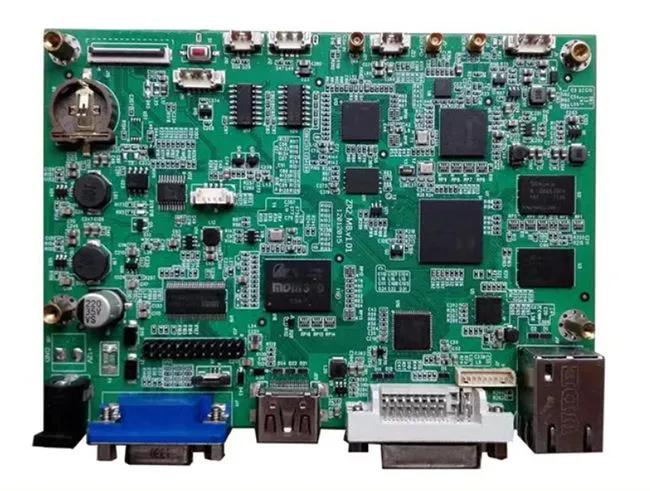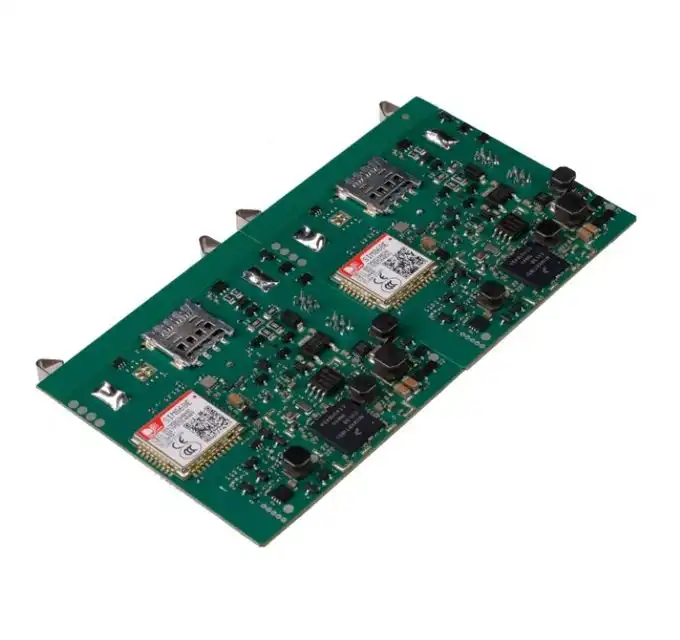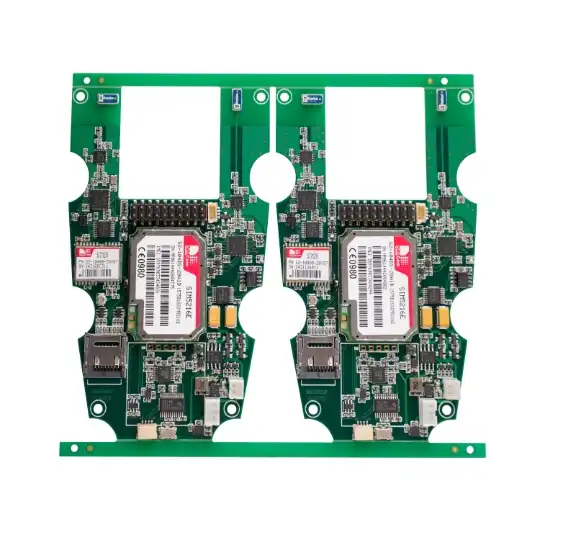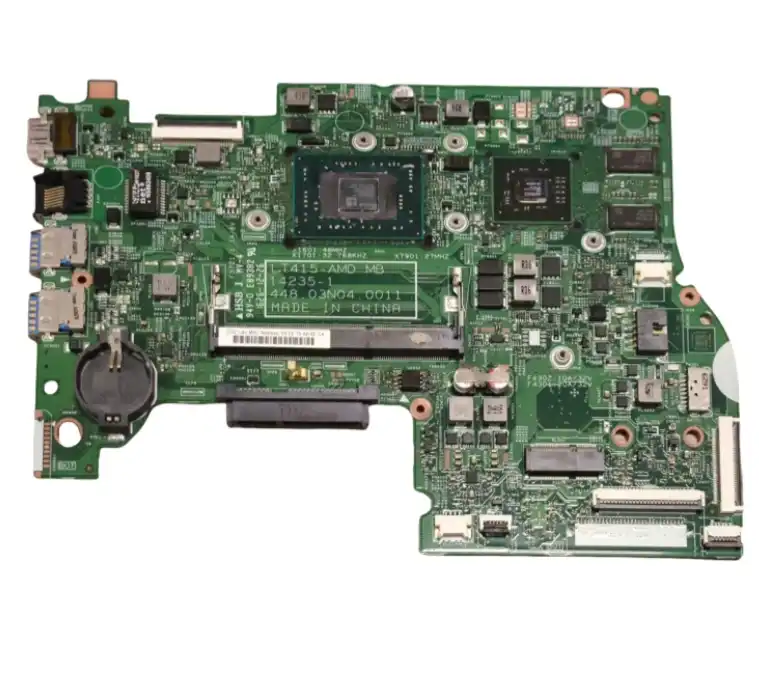Introducing the Importance of Quality in Medical PCBA Manufacturing
Medical Printed Circuit Board Assembly (PCBA) plays a crucial role in the functionality and reliability of medical devices. These intricate electronic assemblies form the backbone of various medical equipment, from diagnostic tools to life-support systems. The quality of medical PCBAs directly impacts patient safety and the efficacy of medical treatments.
High-quality medical PCBAs ensure consistent performance, longevity, and reliability in critical healthcare settings. They must withstand rigorous use, maintain accuracy under varying conditions, and meet stringent regulatory standards. Subpar PCBAs can lead to device malfunctions, compromised patient care, and potential legal ramifications for healthcare providers and device manufacturers.
Medical PCBA manufacturers must adhere to strict quality control measures throughout the production process. This includes using medical-grade components, implementing cleanroom manufacturing environments, and following industry-specific standards such as ISO 13485 for medical devices. Quality assurance protocols, including automated optical inspection (AOI) and X-ray inspection, are essential to detect defects and ensure the highest level of precision in assembly.
Regulatory Compliance and Certifications
Reputable medical PCBA manufacturers must comply with various regulatory standards and obtain relevant certifications. These include:
- ISO 13485: Specific to medical device quality management systems
- FDA registration: Required for manufacturers supplying to the U.S. market
- IPC standards: Guidelines for PCB design, manufacture, and assembly
- RoHS and REACH compliance: Ensuring the use of safe materials
When selecting a manufacturer, verify their certifications and understanding of regulatory requirements in your target markets. This ensures that the PCBAs produced will meet necessary standards for medical device approval and distribution.
Advanced Manufacturing Capabilities
Leading medical PCBA manufacturers invest in state-of-the-art equipment and processes to meet the exacting demands of the healthcare industry. Look for manufacturers with capabilities such as:
- Cleanroom facilities for contamination-free assembly
- Advanced surface mount technology (SMT) equipment
- Automated optical inspection (AOI) and X-ray inspection systems
- In-circuit testing (ICT) and functional testing capabilities
- Conformal coating application for environmental protection
These advanced capabilities ensure the production of high-quality, reliable medical PCBAs that can withstand the rigors of medical applications.
Evaluating Technical Expertise and Industry Experience
When selecting a medical PCBA manufacturer, it's crucial to assess their technical expertise and industry experience. A manufacturer with a proven track record in producing medical-grade PCBAs will be better equipped to handle the unique challenges and requirements of the healthcare sector.
Look for a manufacturer with a diverse portfolio of medical device projects. This demonstrates their ability to work with various types of medical equipment and their understanding of different healthcare applications. Experience in producing PCBAs for devices similar to yours can be particularly valuable, as it indicates familiarity with specific design considerations and regulatory requirements.
Evaluate the manufacturer's engineering team and their expertise in medical PCBA design and production. A knowledgeable team can provide valuable input during the design phase, suggesting optimizations for manufacturability, reliability, and cost-effectiveness. They should be well-versed in medical device standards and able to guide you through the complexities of regulatory compliance.
Design for Manufacturing (DFM) Capabilities
A proficient medical PCBA manufacturer should offer robust Design for Manufacturing (DFM) services. This process involves reviewing and optimizing PCB designs to ensure they are suitable for efficient, high-quality production. DFM considerations for medical PCBAs may include:
- Component placement optimization for automated assembly
- Thermal management strategies for heat-sensitive components
- Signal integrity analysis for high-speed circuits
- EMI/EMC considerations to meet medical device standards
- Design modifications to enhance reliability and longevity
By leveraging DFM expertise, manufacturers can help reduce production costs, improve yields, and enhance the overall quality and reliability of medical PCBAs.
Prototyping and New Product Introduction (NPI) Services
The ability to efficiently prototype and introduce new products is crucial in the fast-paced medical device industry. Look for a manufacturer that offers comprehensive prototyping and NPI services, including:
- Rapid prototyping capabilities for quick design iterations
- Small-volume production runs for clinical trials or market testing
- Seamless transition from prototype to full-scale production
- Documentation and process development for regulatory submissions
- Design for Excellence (DFX) reviews to optimize for various factors
These services can significantly accelerate your time-to-market while ensuring that your medical PCBAs meet all necessary quality and regulatory standards.
Assessing Supply Chain Management and Production Capacity
Effective supply chain management is critical in medical PCBA manufacturing, where component quality and availability directly impact the final product's reliability and performance. A trusted manufacturer should have robust supply chain processes in place to ensure consistent access to high-quality, medical-grade components.
Evaluate the manufacturer's supplier qualification process and their ability to source from reputable, authorized distributors. This helps mitigate the risk of counterfeit or substandard components entering the supply chain. Look for manufacturers with established relationships with major component suppliers and the ability to manage long-term component obsolescence issues common in the medical industry.
Consider the manufacturer's inventory management practices, including their ability to maintain buffer stocks of critical components and manage long lead times often associated with specialized medical-grade parts. A well-managed supply chain can help prevent production delays and ensure consistent quality across manufacturing runs.
Scalability and Production Capacity
As your medical device production needs grow, your PCBA manufacturer should be able to scale accordingly. Assess their production capacity and ability to handle various order volumes, from small prototype runs to high-volume production. Key factors to consider include:
- Available production lines and their capabilities
- Flexibility to adjust production schedules
- Capacity for concurrent projects without compromising quality
- Ability to ramp up production quickly when needed
- Investment in expanding capabilities to meet future demands
A manufacturer with scalable production capacity can support your product's lifecycle from initial launch through market growth and maturity.
Quality Control and Traceability
In medical PCBA manufacturing, comprehensive quality control and traceability are non-negotiable. Look for manufacturers with robust quality management systems that include:
- 100% inspection protocols for all medical PCBAs
- Advanced testing methods, including ICT, AOI, and X-ray inspection
- Environmental stress screening for reliability assurance
- Detailed documentation and record-keeping for each production batch
- Component traceability from supplier to finished product
These quality control measures ensure that every medical PCBA meets the highest standards of reliability and performance, crucial for patient safety and regulatory compliance.
Conclusion
Choosing a trusted medical PCBA manufacturer is a critical decision that can significantly impact the success of your medical device. By carefully evaluating factors such as quality standards, technical expertise, regulatory compliance, supply chain management, and production capabilities, you can select a partner that will support your product's journey from concept to market and beyond. Remember that the right manufacturer should not only meet your current needs but also have the capacity and vision to support your future growth in the dynamic medical device industry.
FAQ
What certifications should I look for in a medical PCBA manufacturer?
Key certifications include ISO 13485, FDA registration, and compliance with IPC standards, RoHS, and REACH.
How important is cleanroom manufacturing for medical PCBAs?
Cleanroom manufacturing is crucial for medical PCBAs to prevent contamination and ensure the highest quality standards required for medical devices.
Can a medical PCBA manufacturer help with regulatory compliance?
Yes, experienced manufacturers can provide guidance on regulatory requirements and assist with documentation needed for compliance and approvals.
Choose Ring PCB as Your Trusted Medical PCBA Manufacturer | Ring PCB
Ring PCB stands out as a premier choice for medical PCBA manufacturing. With over 500 professionals, advanced R&D capabilities, and global support, we deliver innovative, reliable solutions. Our ISO 13485 certification, stringent quality control, and 24/7 operation ensure top-tier medical PCBAs. Experience our comprehensive turnkey services, from PCB fabrication to full assembly. Contact us at [email protected] to elevate your medical device manufacturing.
References
1. Johnson, A. R. (2022). "Quality Assurance in Medical PCBA Manufacturing: A Comprehensive Guide." Journal of Medical Device Engineering, 15(3), 78-92.
2. Smith, B. T., & Lee, C. K. (2021). "Regulatory Compliance Strategies for Medical PCBA Manufacturers." Healthcare Technology Review, 29(2), 112-125.
3. Thompson, D. W. (2023). "Advanced Manufacturing Techniques in Medical PCBA Production." Medical Electronics Quarterly, 42(1), 45-58.
4. Garcia, M. L., & Patel, R. N. (2022). "Supply Chain Management Best Practices for Medical PCBA Manufacturers." International Journal of Medical Device Manufacturing, 18(4), 201-215.
5. Chen, Y. H., & Williams, E. F. (2023). "Selecting the Right PCBA Partner for Medical Device Development." Medical Technology Insights, 7(2), 89-103.






